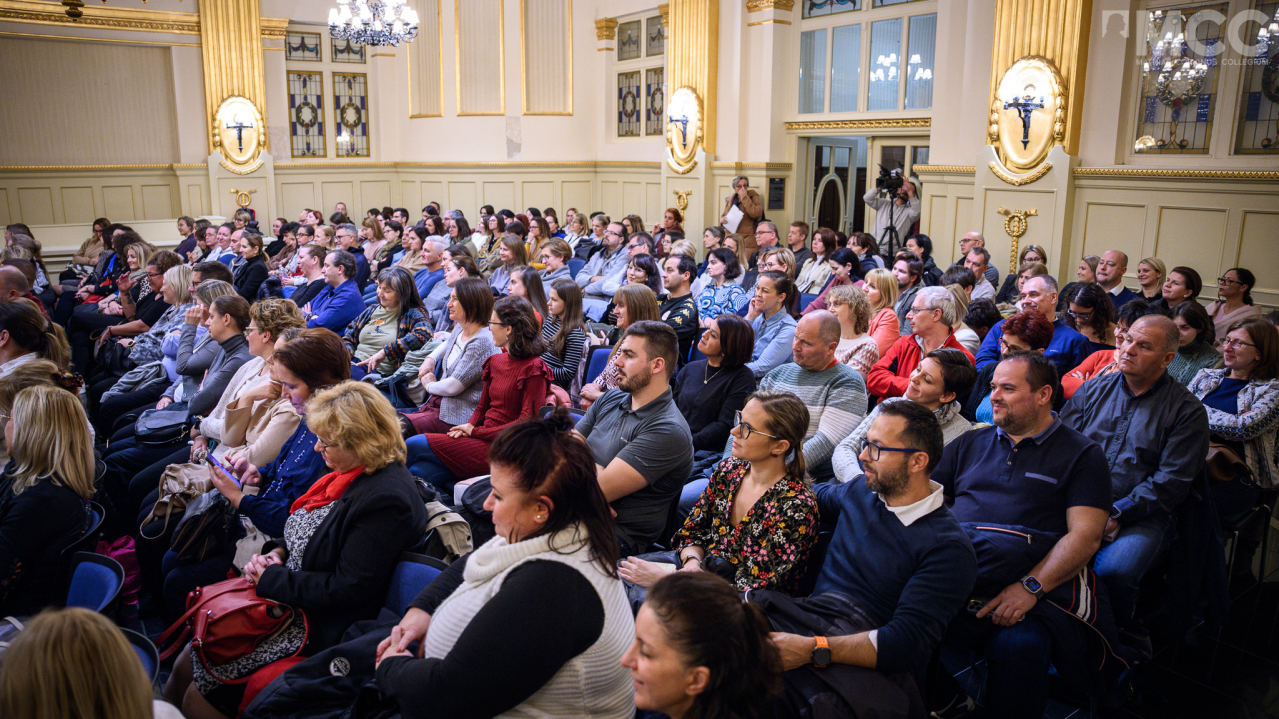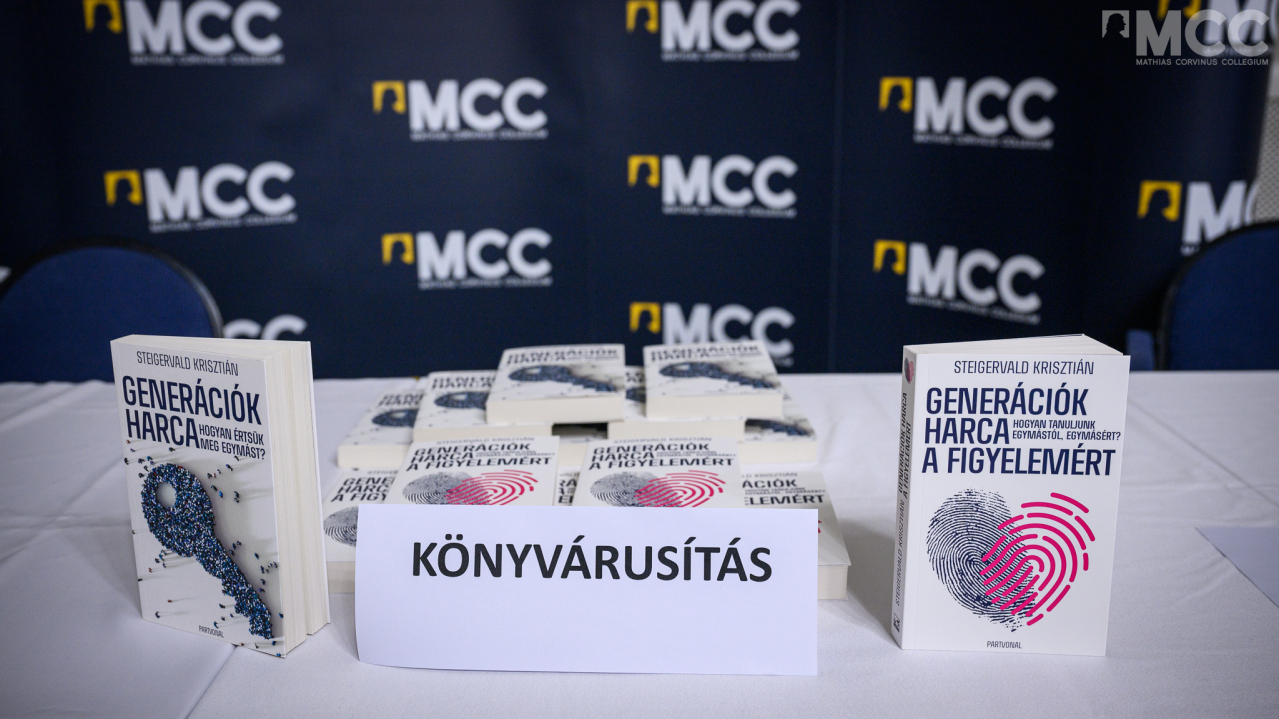Reading time: 3 minutes
The lecture "The Face of Generations", where generation researcher Krisztián Steigervald and Levente Székely, head of the Youth Research Institute, held an exchange of ideas, was attended by a full house. The discussion was not only about the challenges of raising children today, but also about the dilemmas arising from generational differences.
One of the highlights of the discussion was the democratic family model. We have responsive parenting, which we don't really know how to do. "A lot of parents try to do responsive parenting, they just don't have the tools, so they slip their framework, they allow the child to do everything, they don't dare to do anything else, so the child doesn't have a framework. Without rules there is no freedom," Steigervald stressed.
The model of the 70s and 80s was adapted to the conditions of the time, when parents wanted their children to become independent and responsible as soon as possible. Today, however, secure attachment has become a priority and gives way to the exercise of responsibility and autonomy later. "Which is better? Neither. Then it was the right thing to do and what was needed, and now it is this," Steigervald replied.
Reading plays a prominent role in children's early development. In the first three years, regular story reading is not only a fun activity but also a prerequisite for brain development. While reading may seem to be a time when the child is not always paying attention and is often preoccupied with other things, repeated listening to stories is a constant way of developing the ability to think. By the age of 4, this is already producing results: children start to pay active attention to stories, ask questions and by the age of 8, they have developed the ability to make decisions. If you don't read by the age of 3, you don't develop decision-making skills by the age of 8, while at school you are expected to make decisions and argue," explained Steigervald.
Levente Székely emphasized individualisation and the rapidity of development cycles. We have moved towards individualisation, where a lot of individual decisions and education fall into this category. "When we were children - in the 70s - our parents dared to let us go more because the educative role of the community was much stronger. My parents were sure that if something bad happened to me, or I did something wrong, an adult passing by would surely warn me if he saw me doing something wrong. Today, however, we've learned that the child is my responsibility and society has no say in how I raise him or her."
Levente referred to Kondratiev wave, according to which technological innovations and major developments occur in cycles. When something radical happens, it moves everything. The theory is that these cycles become more dense and the next shift comes faster and faster. The rise of digital media and new technologies such as ChatGPT shows that the pace of development has accelerated. Today, innovations that would have taken decades in the past are available in a matter of months.
But this new situation also poses problems. Whereas knowledge and experience used to be passed down through generations, it is now much more difficult to pass knowledge from one generation to the next. In a rapidly changing world, parents do not always know how to prepare their children for the challenges of the future. Old experiences that were useful in a slower-paced world may no longer be sufficient. Increasingly, parents are questioning whether the knowledge they can pass on to their children based on their own experiences is sufficient.
Steigervald concluded by pointing out that although the technological and social environment is constantly changing, parental knowledge and experience remain key. "Parental knowledge is needed for future generations, but it must be delivered in the language and platforms of the 21st century," he said.










